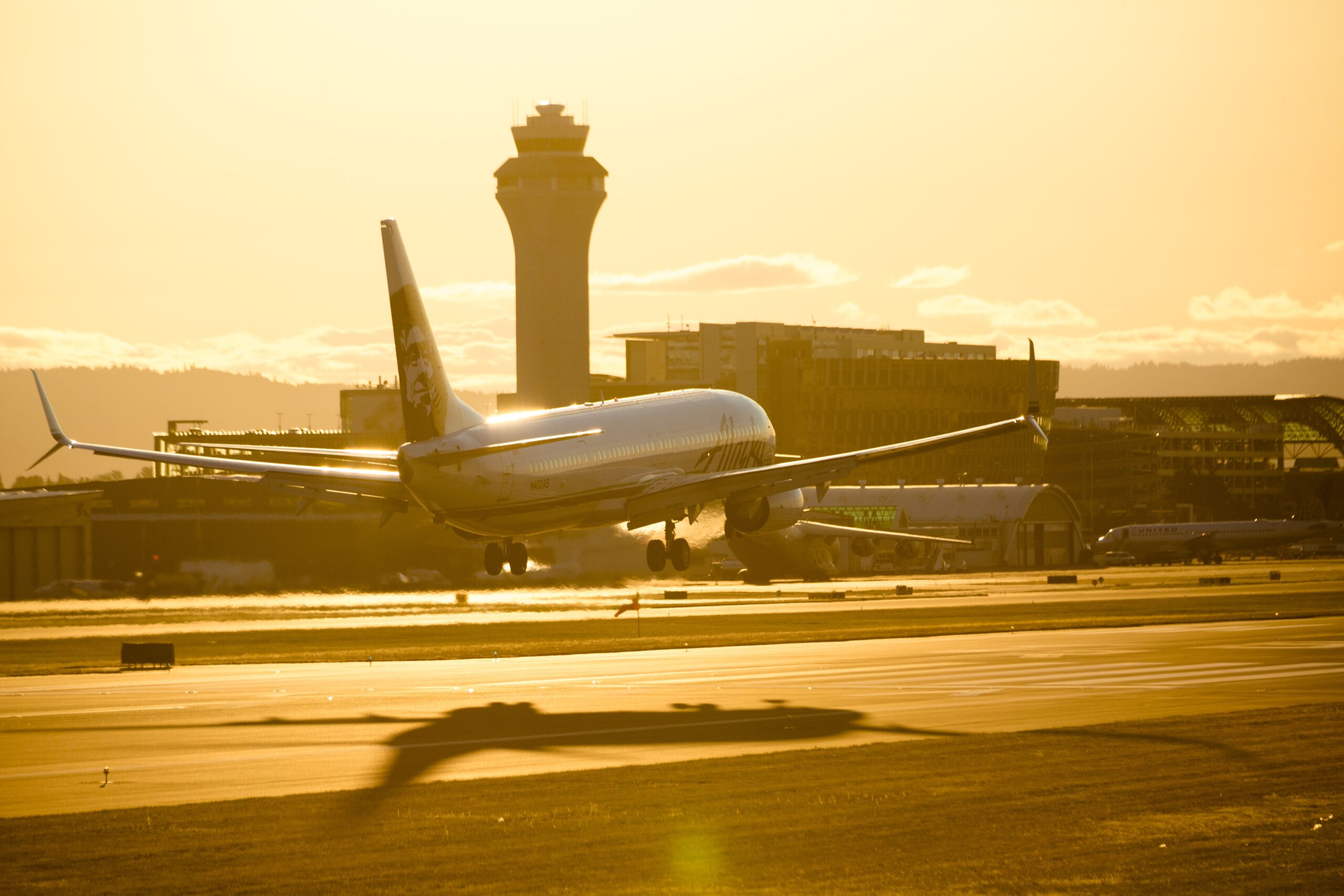TOMS RIVER, NJ – An overwhelming number of Americans and Canadians are sick and tired of being home. With 2020 vacations canceled, travel plans scrapped and road trips shut down, people are ready to get back on the road again. In fact, an overwhelming majority of US and Canadian travelers (99 percent) are eager to travel again, with 70 percent stating that they plan to take a vacation in 2021, according to a Travel Leaders Group survey of nearly 3,000 frequent travelers. The survey was conducted in September in conjunction with the World Travel & Tourism Council (WTTC), which represents the global Travel & Tourism private sector.
Results indicate that 45 percent of respondents have already made plans or are starting to make finite plans for their next vacation, while 54 percent say they are dreaming of when they can travel again.
“These are really strong numbers. The fact that 99 percent of travelers surveyed said they are planning a trip or looking forward to the time they can travel again indicates that as concerns about COVID-19 are addressed, leisure travelers will lead the recovery,” said John Lovell, President of Travel Leaders Group.
In the survey, 23 percent of respondents said they plan to travel by the end of 2020, 70 percent said they will travel in 2021 with just 18 percent saying they will resume traveling in 2022.
“Consumer uncertainty about the risk of exposure or concerns about being quarantined is a core problem,” said Gloria Guevara, WTTC President & CEO. “With rapid testing to replace quarantine requirements, enhanced contact tracing and industry-wide standards by sector that can be clearly communicated to the public, we can help alleviate many of those concerns.”
The willingness of Americans to travel can be seen in the slow, but steady, increase in the Transportation Security Administration’s (TSA) daily screening numbers, which fell below 90,000 a day in April and are now approaching 1 million a day at peak periods. In 2019, TSA daily traveler counts averaged between 2.3 and 2.7 million passengers a day.
More than half of travelers surveyed say they are concerned about the risk of being infected when traveling on a plane or cruise ship, getting stuck while away from home or being quarantined on a cruise ship or at a hotel. A lesser number named concerns about them or a family member contracting the virus while traveling, worries about getting a refund if the trip is cancelled, and concerns about family members with higher risk health conditions.
A majority of survey respondents said the following health and safety initiatives at airports, aboard aircraft and at resorts will make a big difference in their decision to travel in the future: mandatory masks, social distancing, enhanced cleaning, temperature checks and access to sanitizing gel. For resorts, contact-free services and customizable room cleaning were also cited.
“Our industry needs to do more to inform potential travelers about all of the health and safety protocols that have been implemented across the industry and continue to standardize those protocols to restore consumer confidence in travel,” said Lovell. “Airlines, airports and cruise lines have made major strides in the health and hygiene measures they have taken in close consultation with the world’s leading medical experts. We need to share that story with the traveling public.”
Nearly 60 percent of respondents said the requirement of a negative PCR test prior to arrival in a destination would make no difference or would be viewed as a positive, while about 40 percent said such a requirement would be a deterrent. Those concerns can be addressed with rapid testing, Lovell said. “We believe the widespread availability of rapid testing will result in greater acceptance of pre-trip testing and encourage more people to travel,” he stated.
Photo by Avel Chuklanov on Unsplash
